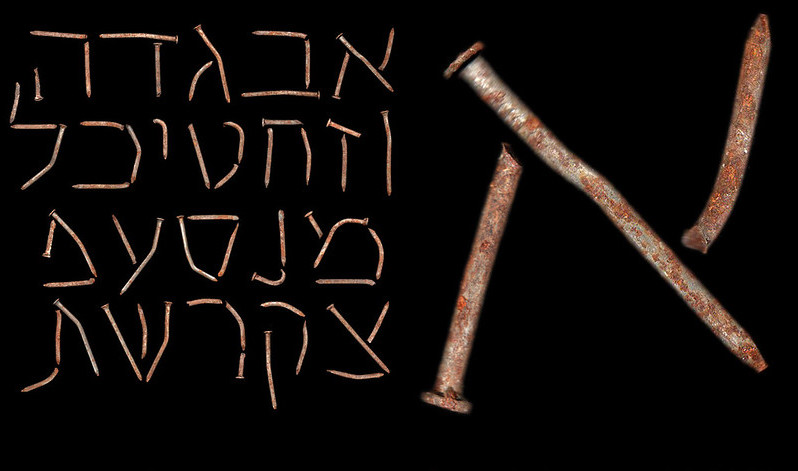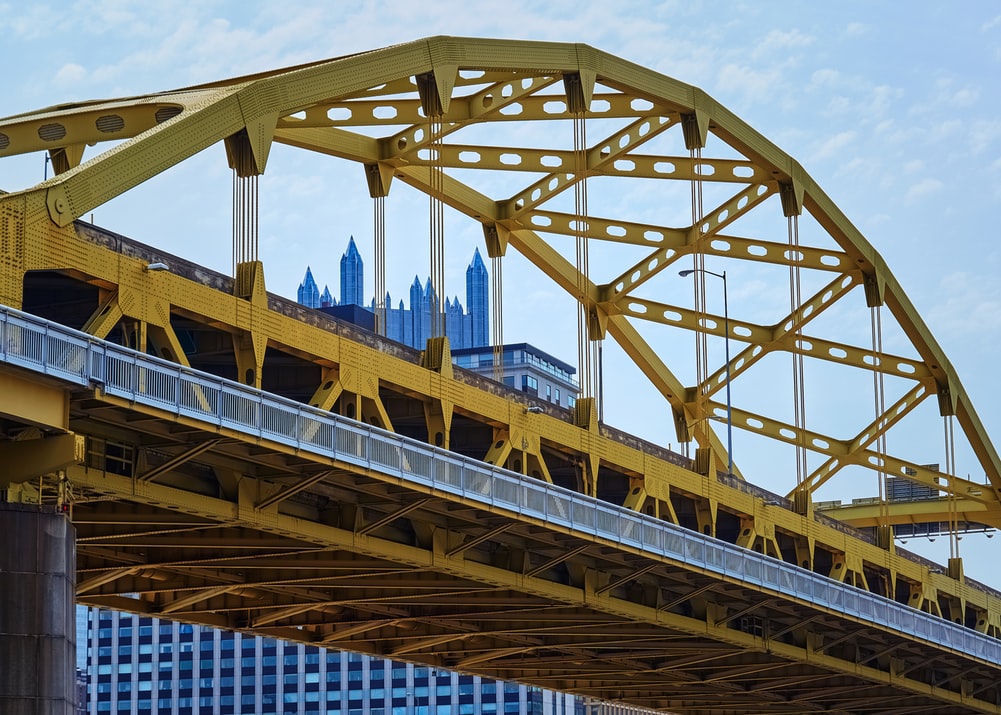A Sunday in October
By Ariel M. Goldenthal
The day after the Tree of Life synagogue shooting, I lied to my second-grade students: You are safe at Hebrew school. You will love learning the Aleph-Bet this year. Yes, you can open the windows and feel the early fall air ripple through the gaps between your outstretched fingers. You can have recess outside next week. Your teachers don’t need to be trained to apply a tourniquet. There’s nothing wrong with our classroom’s tall glass windows that look right into the front garden. I’m closing the blinds because it’s so sunny out. Let’s start with our usual morning activity. Today we’re learning about praying to God, which isn’t related at all to the reason your mom’s eyes looked red this morning and your dad whispered, “Maybe he should stay home today.” This happened in a synagogue very far away—not like where we live at all. No, this isn’t something that happens often.
I don’t tell them how the education director called all the teachers on Shabbat, a day when work is forbidden and rest is required, to tell us that despite, or perhaps because of, the horrific loss that day, religious school would still take place the next day; how the doors to synagogue, usually propped open on Sunday mornings to accommodate the flood of parents holding half-eaten bagels and their children’s hands, were locked; how we had to show our photo I.D.s to the officers in the main lobby who told us that we would collect our students and bring them to the classroom—parents wouldn’t be permitted inside; how Rabbis passed around handouts hastily adapted from the ones secular teachers received after the first school shooting this year, but didn’t need because they, like us, are used to the terror by now.
Ariel M. Goldenthal is an associate professor of English at George Mason University. Her work has appeared in The Citron Review, Flash Frontier, MoonPark Review, and others. Read more at www.arielmgoldenthal.com.
Photo credit: Sharon Pazner via a Creative Commons license.
A note from Writers Resist
Thank you for reading! If you appreciate creative resistance and would like to support it, you can make a small, medium or large donation to Writers Resist from our Give a Sawbuck page.


